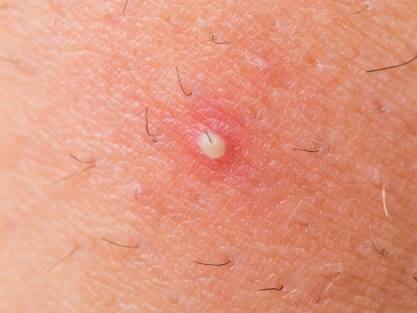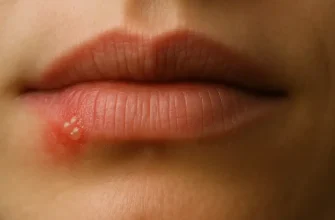Boils on the inner thighs can be a source of significant discomfort and concern for many individuals. These painful, pus-filled bumps are more than just a cosmetic issue; they can also be an indicator of underlying health conditions. Here is an in-depth guide on causes, prevention, and treatment strategies for boils on the thighs.
Causes of Thigh Boils
- Staphylococcus Aureus – This bacteria is the primary cause of boils. It enters the body through tiny cuts or hair follicles and can lead to infection.
- Ingrown Hairs – They can lead to boils when hair curls back into the skin causing inflammation.
- Compromised Immunity – Individuals with weakened immune systems are more susceptible to developing skin infections like boils.
Symptoms and Diagnosis
Early signs include redness and tenderness around the affected area. As the infection worsens, a pus-filled center may develop. Diagnosis generally involves a physical examination, and in recurrent cases, a sample of the pus might be sent for lab testing to determine the type of bacteria causing the infection.
Prevention Techniques
Maintaining good hygiene is crucial in preventing the occurrence of boils on the inner thigh. Shower regularly and wear loose-fitting clothing made of breathable fabrics. Moreover, avoid sharing personal items that may have come into contact with infected skin.
Treatment Methods
- Warm Compresses: Applying warm compresses can help the boil come to a head and drain naturally.
- Medical Intervention: For severe or persistent boils, antibiotics may be prescribed to fight the infection.
- Surgical Drainage: In some cases, a doctor might perform an incision and drainage if the boil does not respond to other treatments.
Home Remedies
Natural remedies such as tea tree oil or turmeric paste can be effective in managing boils due to their antibacterial properties. Always consult a healthcare provider before starting any home remedy.
When to See a Doctor
If boils on the thighs are recurrent or accompanied by fever, it’s important to seek medical advice.
Long-Term Management and Outlook
Long-term management may involve lifestyle changes to improve hygiene and reduce friction on the thighs. In most cases, with proper treatment, boils resolve without causing serious issues.
Case Studies and Efficacy of Treatments
Real-life case studies help validate the effectiveness of various treatments for boils on thighs. These case studies often describe personal anecdotes and medical approaches that led to resolution of the condition.









